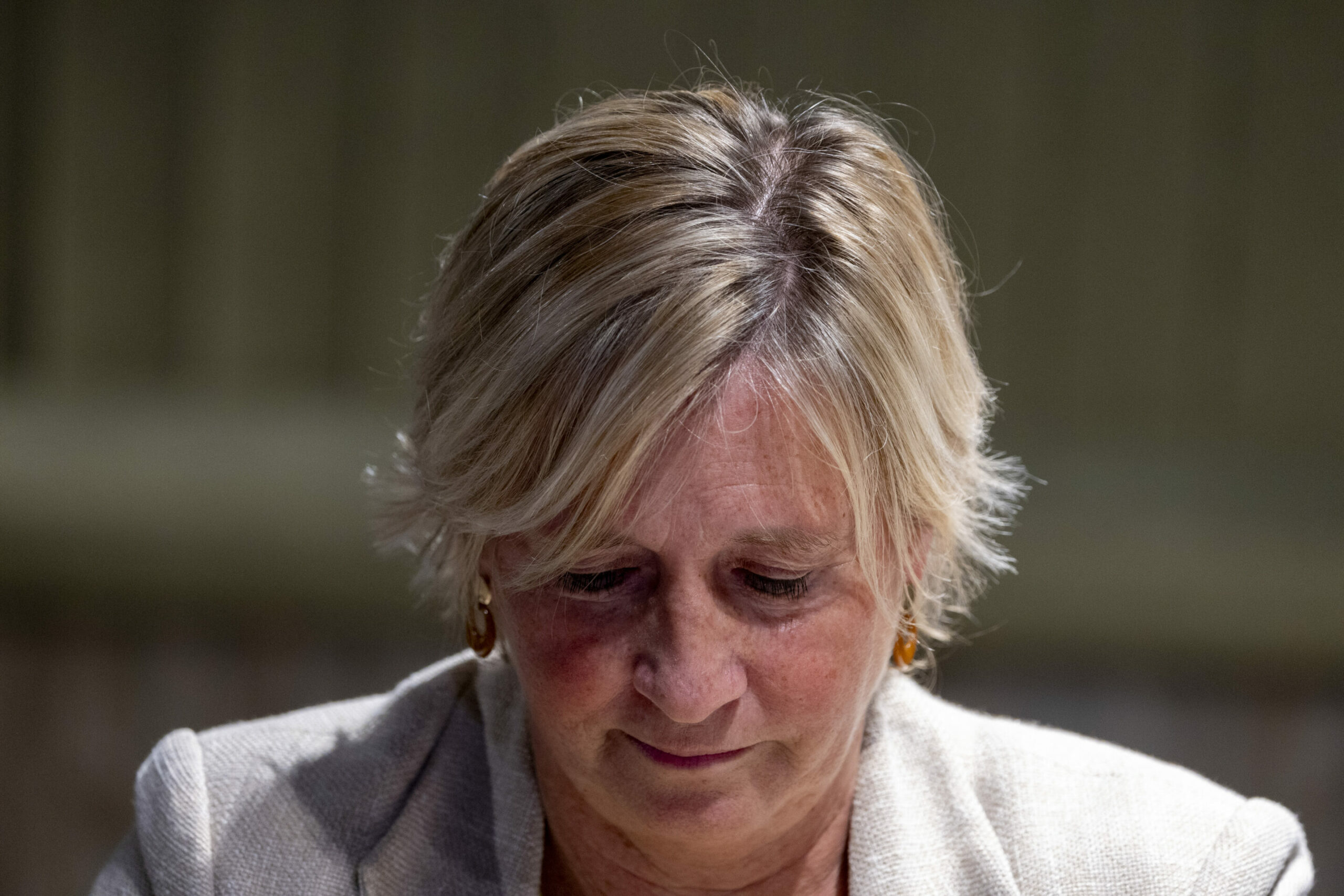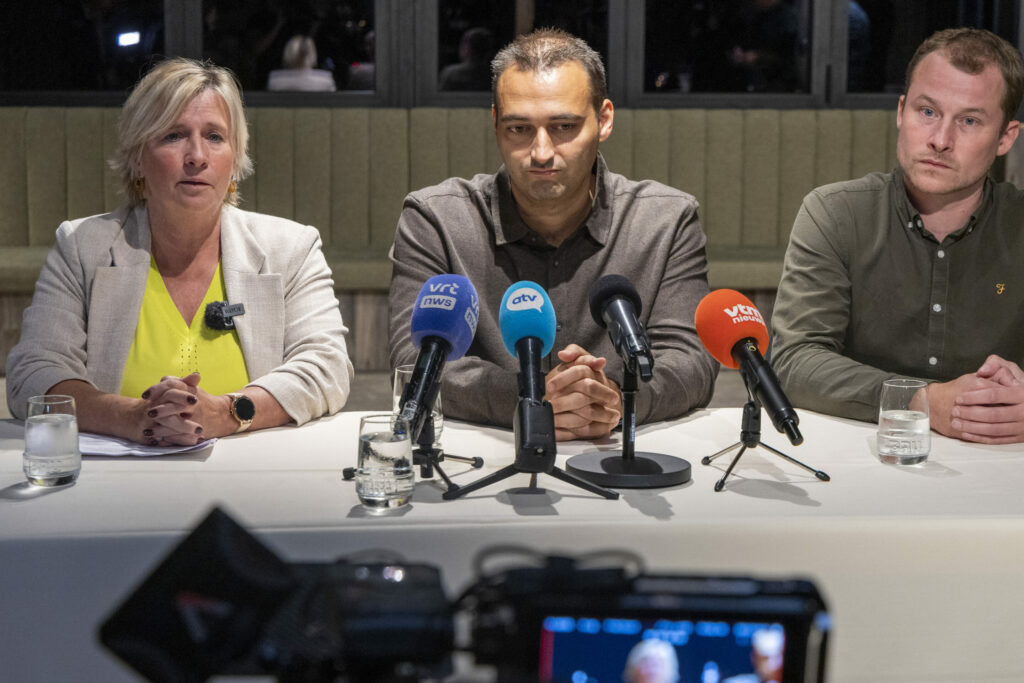The political 'cordon sanitaire' against the far-right was broken on Saturday when two locals lists formed a coalition with Vlaams Belang in Ranst, Antwerp.
Belgian political parties established the cordon sanitaire over 30 years ago in order to exclude far-right parties from any political majority.
The strategy has remained in place until now. In Ranst, local election list PIT led by former mayor Lode Hofmans (Open VLD) has formed an agreement with Vlaams Belang and the new local party Vrij Ranst following local elections last Sunday.
On 13 October, PIT secured a lead with 25 seats, surpassing the incumbent mayor Johan De Ryck's N-VA, which obtained 10 seats. Groen, N-VA's coalition partner during the last mandate, fell to three seats, the same number as Vlaams Belang and Vrij Ranst.
Turning point
The 2024 local elections therefore mark a turning point in Belgian political history. No party has ever entered into government with the far-right since the cordon sanitaire was set up.
"This is actually a very trivial local politics story, but with consequences that are anything but," VUB political scientist Dave Sinardet told Belga News Agency.

Christel Engelen (PIT). Credit: Belga / Nicolas Maeterlinck
Sinardet contrasts Ranst with Ninove, where the far-right Forza Ninove list won the local elections on 13 October.
"In Ninove, the cordon sanitaire remains intact because Vlaams Belang holds a majority on its own," he explained. "In Ranst, the far-right list garnered fewer votes but still joined the majority. This development is both new and surprising."
History of the cordon sanitaire
On 24 November 1991, the small Flemish far-right party, Vlaams Blok, made an unprecedented electoral breakthrough in the legislative elections, an event that is now known as "Black Sunday". The party (which is Vlaams Belang's predecessor) had dramatically increased its votes, surging from 116,534 to 405,247 compared to the previous elections in 1987.
The shockwaves of "Black Sunday" spread throughout the country, leading to the creation of the cordon sanitaire initiated by ecologist leader Jos Geysels among Flemish political parties. In the French-speaking community, this political cordon sanitaire includes a media ban that prevents far-right leaders from speaking live.

